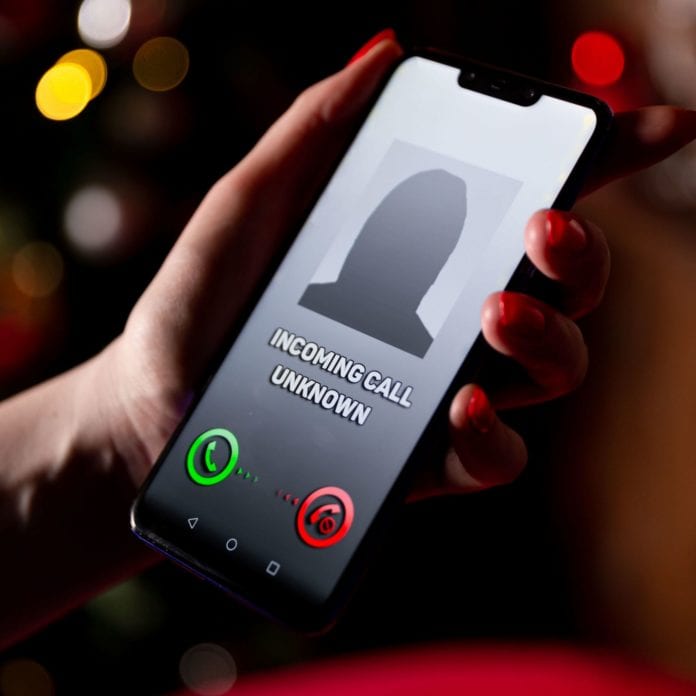Have diabetes and want to order an at-home coronavirus testing kit? Want to know more about the federal relief programs like student loan interest suspensions? Need your government relief check now? Robocall scammers are already preying on Americans with scams that leverage the fear and economic fallout from the ongoing novel coronavirus pandemic.
“Scammers are using illegal robocalls to pitch everything from scam coronavirus treatments to work-at-home schemes,” the Federal Trade Commission says.
According to YouMail, which tracks robocall activity and offers an app to reduce such calls, the COVID-19 pandemic “has more people working from home than ever before and has put a much stronger reliance on bring your own device (BYOD) as well. So, with more people relying on their phone for work-related activities, it’s no surprise that more cybercriminals are taking advantage of potential new vulnerabilities.”
Specifically, it says in a blog post, new “vishing” (voice phishing) and “smishing” (SMS phishing) schemes are on the rise.
“COVID-19 is opening up is all of the new phone scams to trick consumers and BYOD employees out of money or personal confidential information like credit card numbers, social security numbers and even usernames and passwords,” YouMail added.
The Federal Communications Commission and the Federal Trade Commission have made major efforts to reduce the enormous volume of unwanted and fraudulent robocalls, with the FCC set to vote this month on requiring calls to be authenticated through the STIR/SHAKEN framework. The number of unwanted robocalls was up 49% between 2018 and 2019, according to recent analysis by Transaction Network Services, which found that the average consumer received 325 unwanted robocalls in 2019, and Americans as a whole now receive more than 300 million of those calls each day.
YouMail identified four coronavirus robocall scams to watch out for:
-Testing scams, which offer bogus testing kits and prey on people with pre-existing conditions, such as diabetes, that put them at higher risk of becoming severely ill if they are exposed to the coronavirus.
-Student loan scams, which appear to be “a debt reduction company doing shady practices.” Calls may reference actions taken by the federal government to suspend student loan interest and ask targets to call a number for more information about how they will be impacted.
-HVAC scams, which advertise duct sanitization and air filtration to target “bacteria” in home air as a way to protect against the disease (COVID-19 is caused by a virus).
-Amazon work-from-home scams, which targets people who are looking for extra income or who have recently lost their job by claiming to have telework opportunities at Amazon. Massive unemployment spikes are already happening as states shut down non-essential businesses to try to stop the spread of the virus.
The Federal Trade Commission also is warning consumers that robocall scammers are likely to begin referencing government relief checks to trick people into handing over financial or personal information.
“Look, normally we’d wait to know what the payment plan looks like before we put out a message like this,” Leach wrote. “But these aren’t normal times. And we predict that the scammers are gearing up to take advantage of this. So, remember: no matter what this payment winds up being, only scammers will ask you to pay to get it.” She added that consumers who receive such calls should report them to the FTC.
The FDIC has put out similar warnings, saying that scammers may claim to be from the FDIC and try to take advantage of the fact that many banks will begin operating under reduced hours or reduced services to trick people into fraudulent transactions over the phone.
“This virus is a perfect storm, at an unprecedented scale,” said Dov Lerner, security research lead at cybersecurity threat intelligence company Sixgill, on CNBC Make It. When people are afraid for their health and faced with major economic uncertainty, he said, “It is something that we would fully expect scammers to pounce on.”

